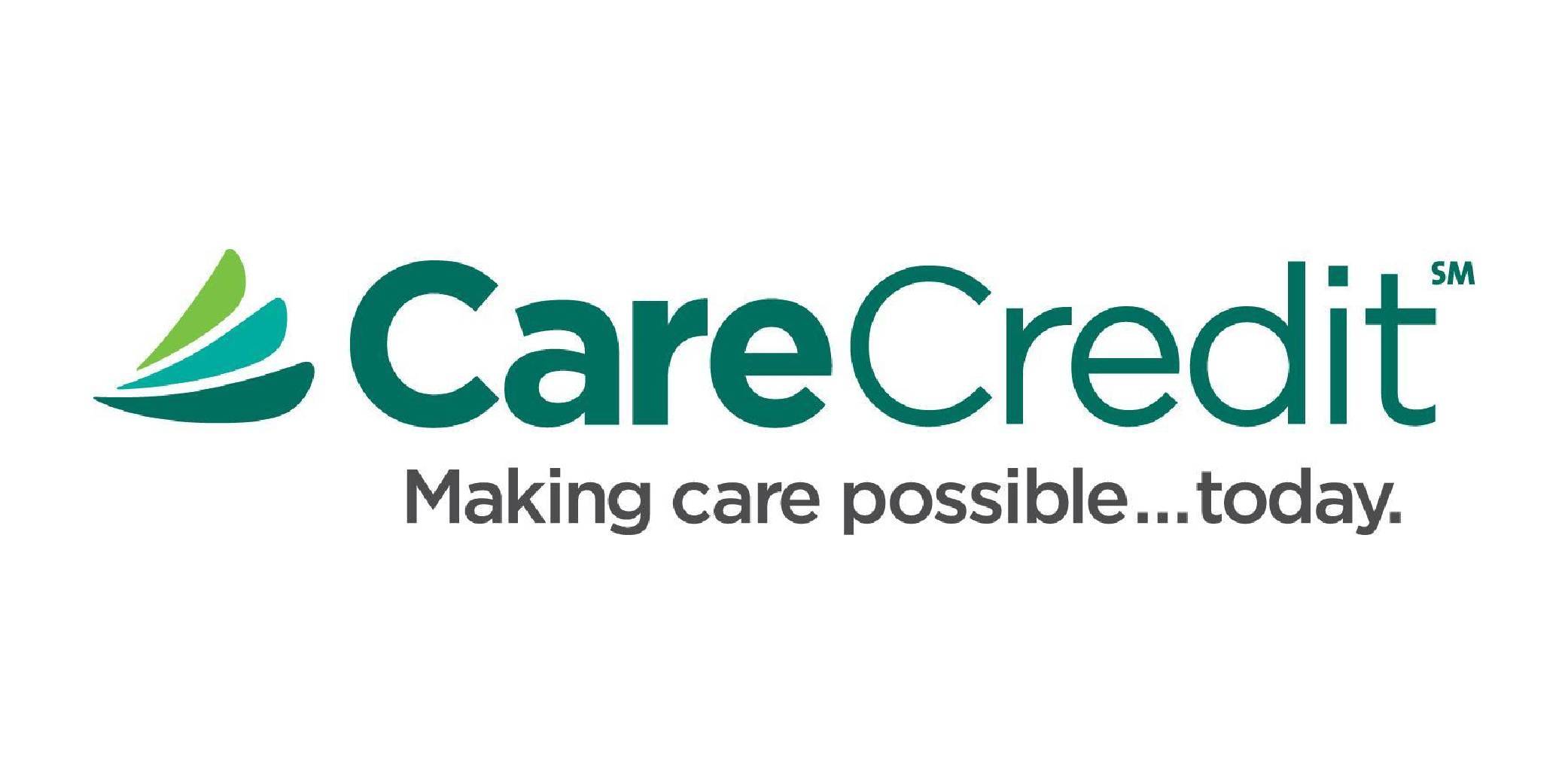Can Teething Cause Vomiting?

by Tricia Mool
When you’re a new parent, teething can bring sleepless nights for you and your baby and a myriad of questions about what to expect. While it’s common knowledge sore gums are part of infancy, you might have questions like, can teething cause vomiting? Get familiar with the signs of teething, so you’re confident about how to spot the normal symptoms and when you should contact your pediatrician or schedule your first appointment with your dentist.
What to Expect in Teething
It can be challenging, particularly for new parents, to differentiate the reasons why an infant is uncomfortable. It’s normal for babies who are overtired to be fussy and irritable, and most infants have difficulty sleeping at some time or another. But if your child is between six to 12 months, according to the American Dental Association, and shows signs of irritability, trouble sleeping, possible loss of appetite and excessive drooling, it’s likely your child is starting to teethe.
Vomiting and Teething
Vomiting or fever are not direct signs of teething, per se. The question, “Can teething cause vomiting?” has a more complex answer. A study conducted by the American Academy of Pediatrics (AAP) shows teething can be connected to a few symptoms of illness like a rise in temperature, though the increased temperature usually isn’t high enough to be classified as a fever.
Excessive drool caused by teething can irritate the stomach lining for some infants, but vomiting or spitting up is not necessarily a primary result of teething. Vomiting differs from spitting up. Vomiting is characterized by a forceful regurgitation whereas spitting up typically presents as a mild outflow of stomach contents, says the Mayo Clinic.
Instead, vomiting in infants is most commonly caused by an infection, or, in some cases, a thickening of the stomach muscle that makes food hard to digest, notes the AAP.
In fact, infant vomiting can point to more serious conditions. If your baby has vomited for over 24 hours, seems lethargic, has lost her appetite, or shows signs of abdominal pain or swelling, you should call your pediatrician. Vomiting could point to rotavirus or other infections, such as a respiratory or urinary tract infections. Additionally, if your baby has a rash, diarrhea or a fever above 100.4 while teething, call your pediatrician.
Teething and Oral Care
Teething symptoms typically hit their peak a few days leading up to the first tooth eruption and a few days after. But your baby’s oral care can start before the first tooth ever erupts. Make it part of your daily routine to clean your baby’s gums right after birth. After your infant’s first tooth appears, get in the habit of brushing with warm water and a toothbrush, like Colgate My First. It has extra soft bristles for gentle, yet effective cleaning. This can make the tooth brushing process fun and exciting for your baby.
This article is intended to promote understanding of and knowledge about general oral health topics. It is not intended to be a substitute for professional advice, diagnosis or treatment. Always seek the advice of your dentist or other qualified healthcare provider with any questions you may have regarding a medical condition or treatment.









